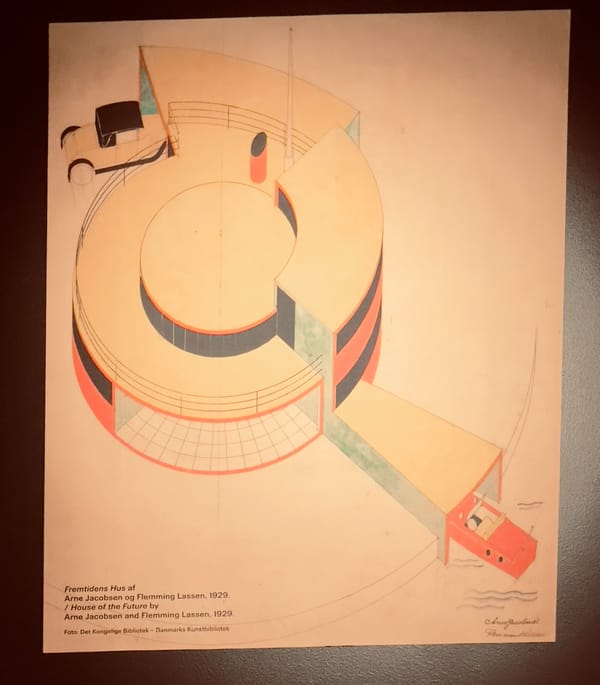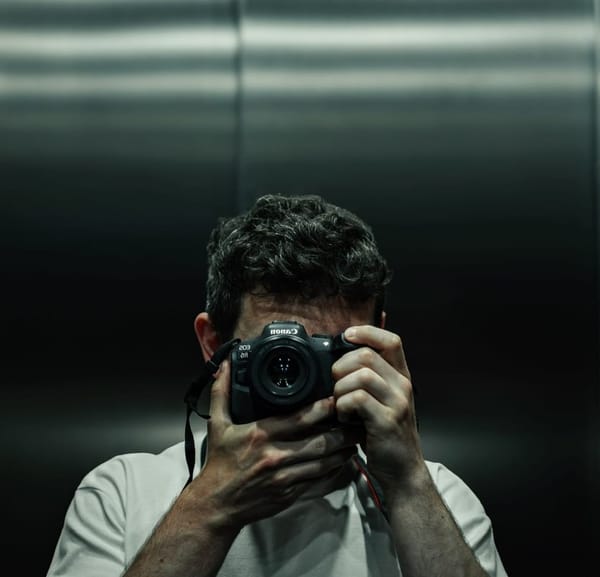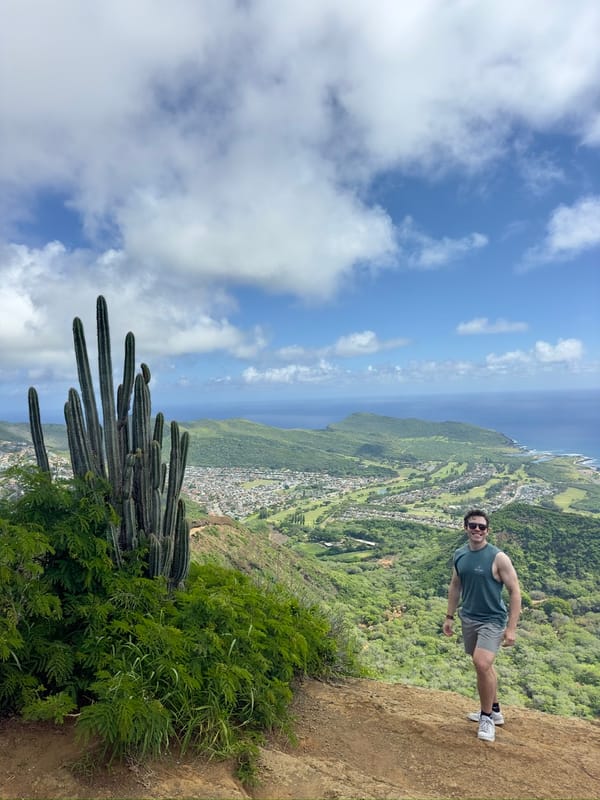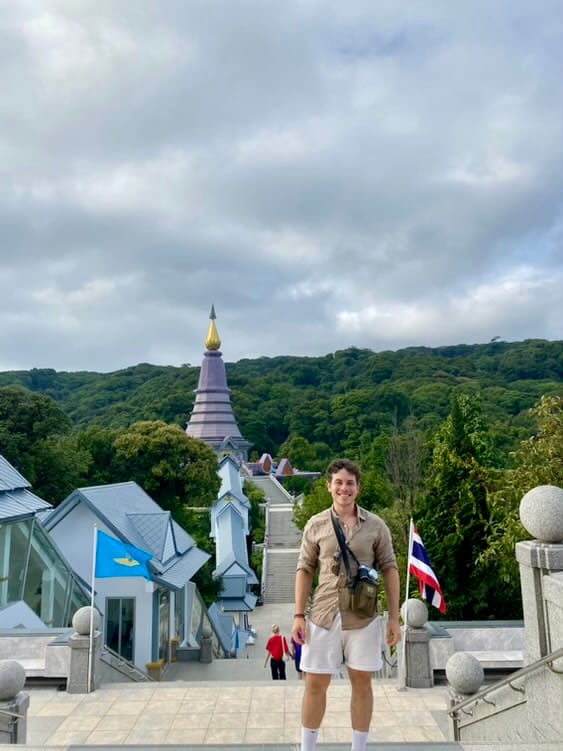The Intersection Is Where The Magic Happens
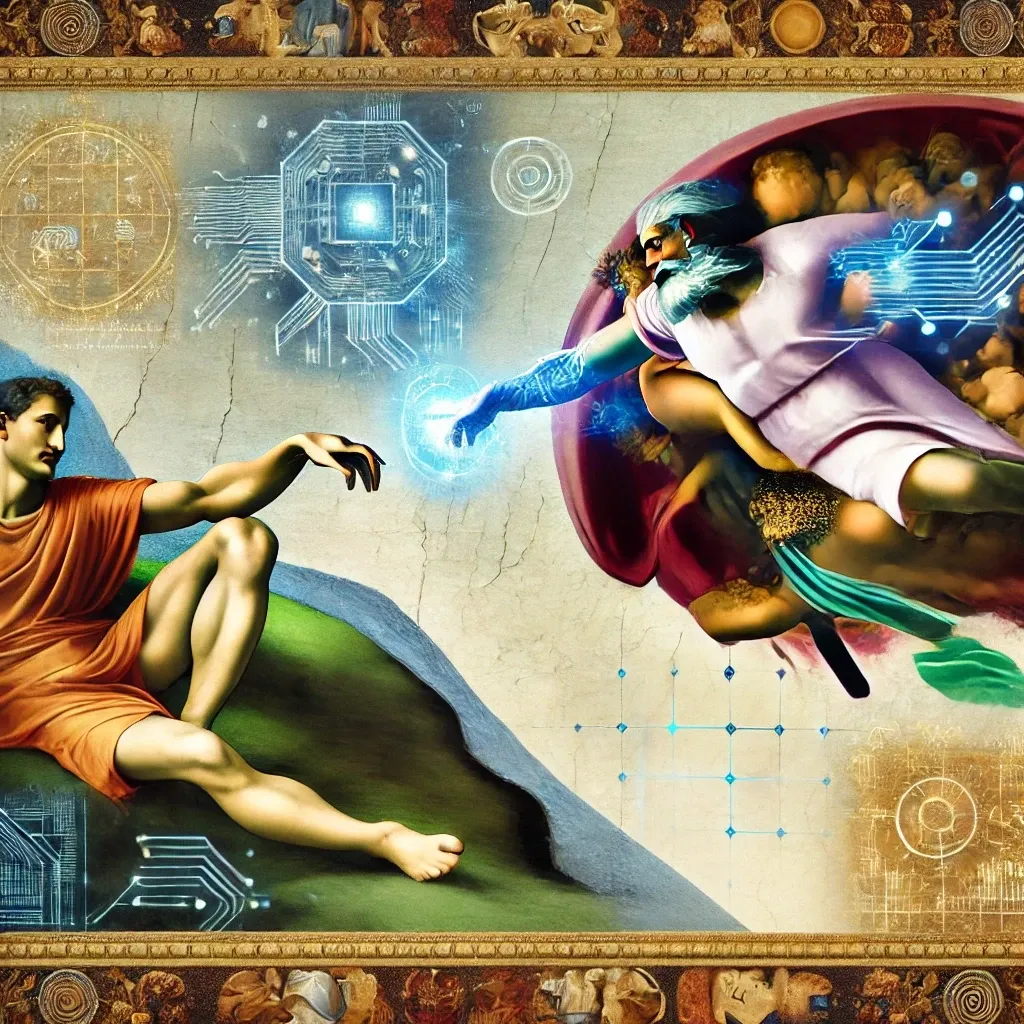
It's been tough to keep this blog going while traveling. But traveling has also been one of the best things I've ever done because it gives you so much inspiration – like when you're an expert in more than one field and can draw from the creative energy of both.
It's my firm belief that the intersection between disciplines is always the most fertile ground. Traditional real estate? Phenomenal business model, long and arduous to scale.
Software? Phenomenal to scale, but often misses the mark for what users really want.
Its intersection? Zillow, a real estate platform that has over 200 million monthly users and captures more than a third of the online real estate audience. Phenomenal business model, highly scalable.
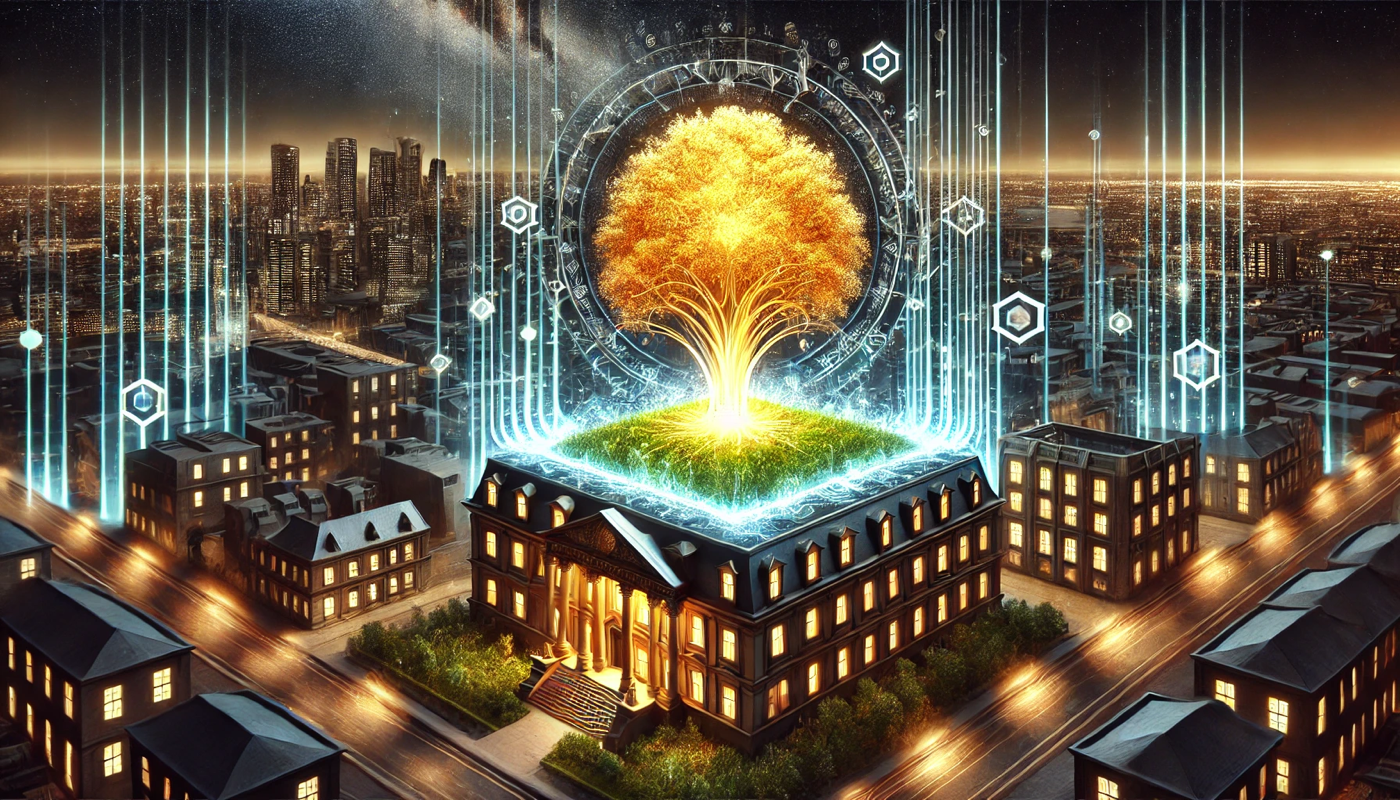
Here is the catch: Only generalists see these intersections. You can't see them if you sit in silos.
There are some caveats here. Someone who knows everything a little is not a generalist, but shallow. If you spread yourself too broadly, you won't have enough depth to cross the chasm. But as the saying goes:
A jack of all trades is a master of none, but oftentimes better than a master of one.
All of this coincides with the concept of the Renaissance Man or Renaissance Woman. It captures the essence of Leonardo Da Vinci, one of the greatest minds to have ever lived. Most people know Leonardo because of his beautiful paintings, such as The Last Supper.
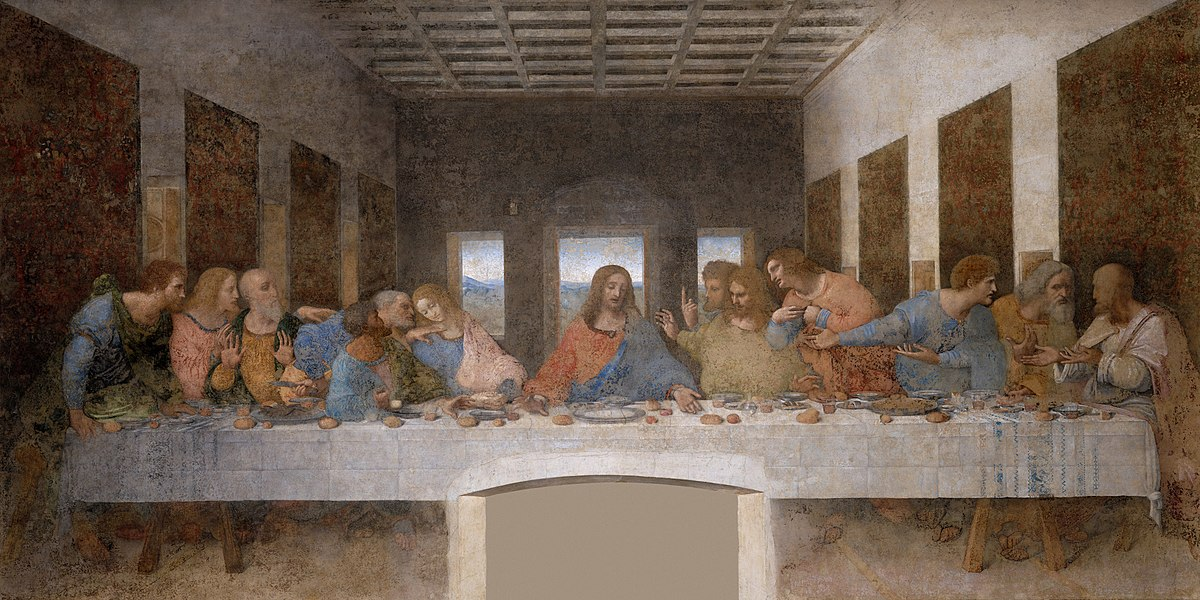
But what most people forget is that he wasn't just a phenomenal painter, but also a genius engineer.
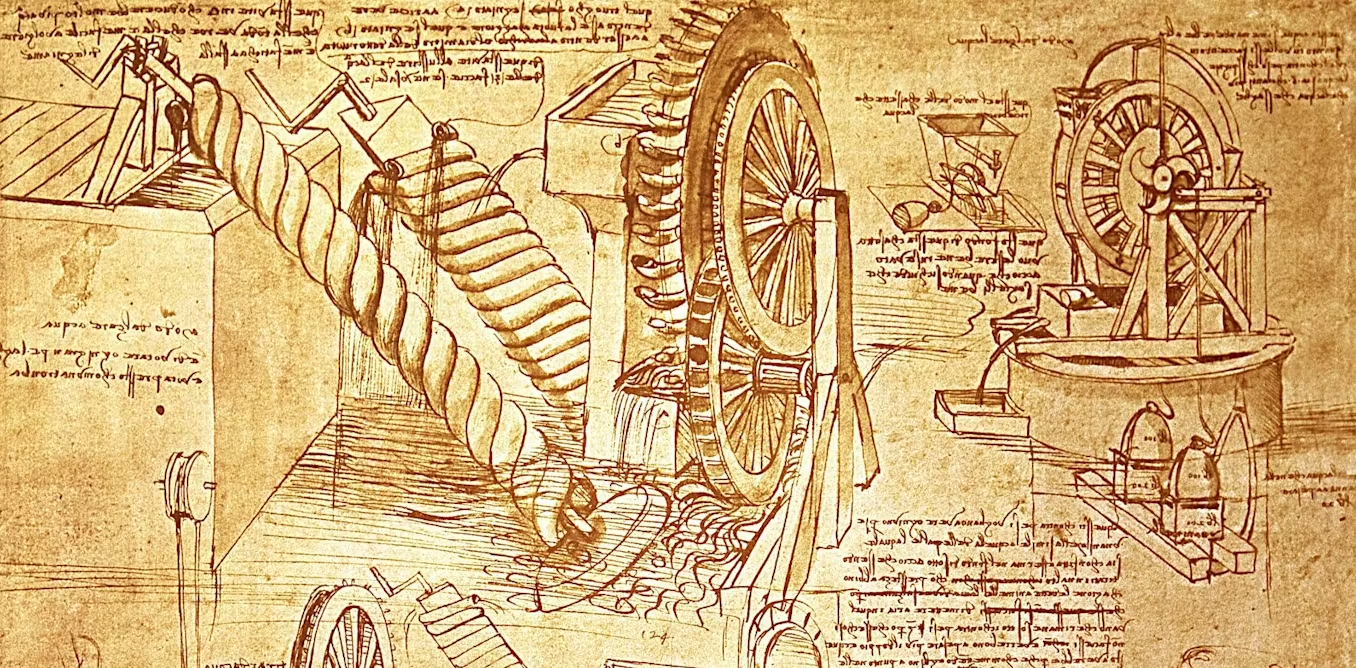
His skill as a painter enabled Leonardo to create detailed depictions of his countless innovations. A seemingly unrelated skill translated perfectly into another field.
Another perfect example is Benjamin Franklin. He was a writer, businessman, diplomat, and scientist (one of my favorite kinds of scientists, because he did some crazy and dangerous stuff to prove his theories).
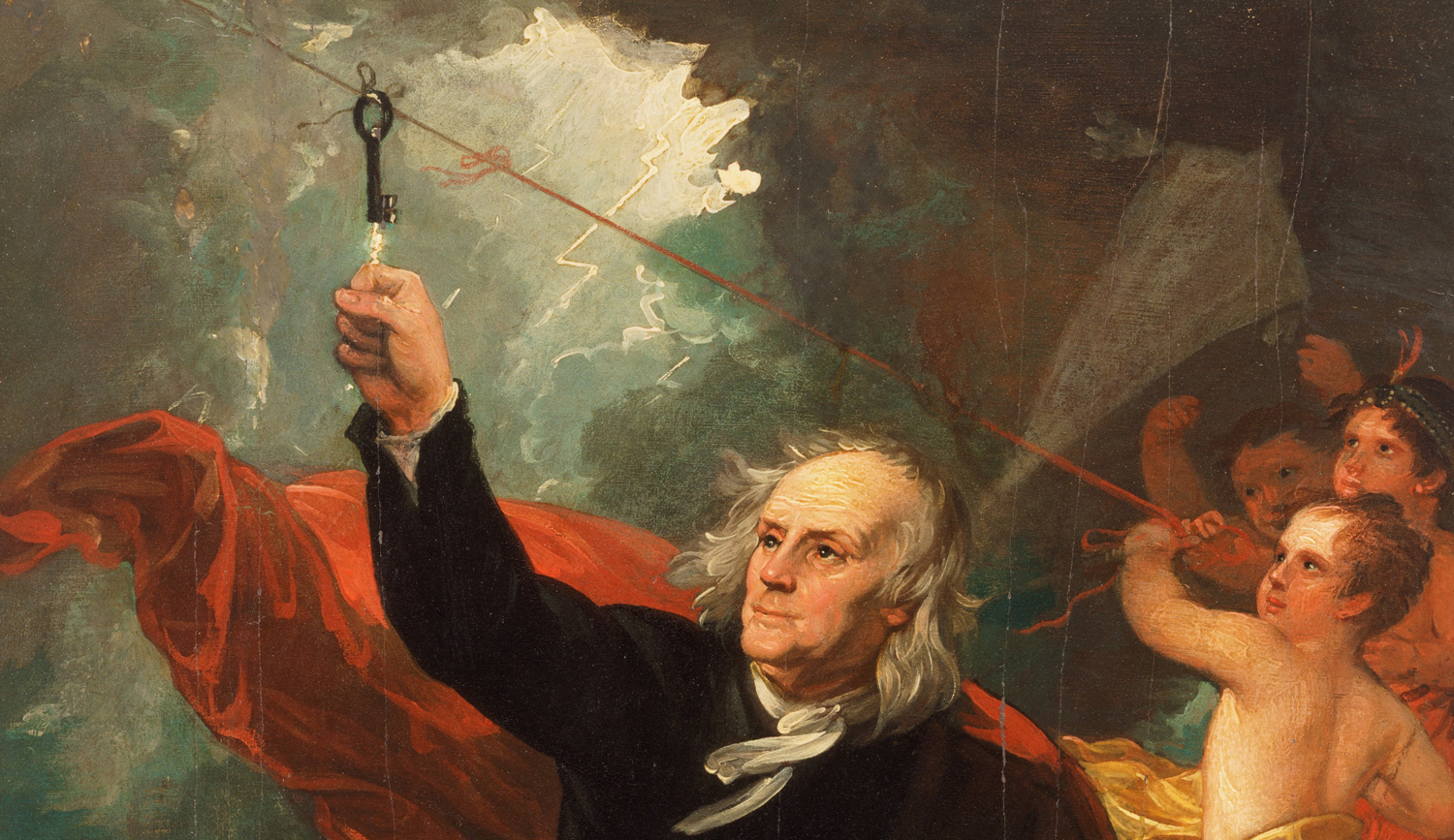
This quote from Robert A. Heinlein sums it up perfectly:
A human being should be able to change a diaper, plan an invasion, butcher a hog, conn a ship, design a building, write a sonnet, balance accounts, build a wall, set a bone, comfort the dying, take orders, give orders, cooperate, act alone, solve equations, analyze a new problem, pitch manure, program a computer, cook a tasty meal, fight efficiently, die gallantly. Specialization is for insects.
The terms Renaissance Man or Woman are often used to describe a polymath interchangeably. But I don't think this does this concept justice. A Renaissance Man or Woman doesn't have a predefined set of skills, but rather traits:
- Curiosity & Intellectual Depth – A love for learning across various subjects.
- Multidisciplinary Excellence – Proficiency in both the arts (literature, painting, music) and sciences (mathematics, engineering, physics).
- Innovation & Creativity – The ability to synthesize ideas from different fields into something new.
- Versatility in Application – Applying knowledge practically, whether in inventions, leadership, or artistic pursuits.
- Humanist Philosophy – A focus on understanding and improving human potential and society.
In my opinion, the most important one by far is curiosity. It builds the basis for everything else. If you're not interested in a wide array of different disciplines, you will not master any of them. And if you don't stay curious, you won't be able to see intersections of the different fields.
The biggest problem isn't the inability of most people to become a Renaissance Man or Woman. It's my firm belief that everybody can excel in multiple disciplines at once – the human mind was made for that. It's the limitations we give ourselves that hinder us from becoming it.
After a certain age, an intellectual rigidity seems to creep up. Curiosity and learning are the lubricants that let the human mind stay malleable. If these qualities are absent, mental arthritis sets in. That's why lifelong learning isn't a luxury, but a necessity.
Our modern time is the second Renaissance. Follow your passions and interests and become what we were always meant to be: a true Renaissance Man or Woman.
